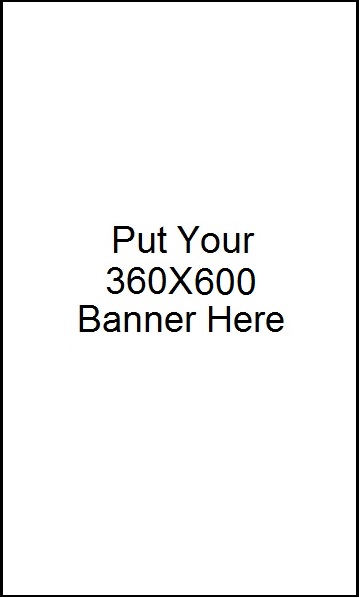 |
| What You Should Know About CFDs and Forex Brokers |
A CFD provides European investors and traders with a one-of-a-kind opportunity to profit from price swings without owning the underlying asset.
A contract between a broker and their client is used to execute a CFD trade. There is no forex, stock, futures exchange, or commodity used in this sort of trade. Few people, on the other hand, are aware that they can use a Forex broker to trade CFDs on gold, silver, oil, gas, corn, coffee, and other commodities.
As a result, we'll go over some of the things you should know about CFDs and Forex brokers in the following lines! OCTAFX.COM
CFD Trading's Advantages
Higher Leverage - CFDs offer a higher level of leverage than traditional trading. At the moment, normal CFD leverage is restricted — it ranges from 3% to 50%. Even though increased leverage equals fewer margin requirements and therefore less capital outlay, it might also entail more losses.
Global Market Access - CFD and Forex firms both offer products in all of the world's main marketplaces. This is why, as previously said, you can trade CFDs on corn and coffee.
Trading Options - Brokers currently offer index, stock, currency, treasury, commodity, and sector CFDs. As a result, speculators can trade CFDs instead of participating in exchanges, regardless of their financial vehicles.
Professional Execution - CFD brokers offer a variety of order types, including dependent orders, limits, and stops, among others. Furthermore, there are brokers who provide guaranteed stops. Brokers are also recognised for not charging fees or commissions because they make money when a trader pays the spread.
The Negatives
CFDs, of course, have their drawbacks. It was to be expected, considering that they are a direct alternative to exchanges and assist dealers in avoiding the fees/charges imposed by the exchanges indicated.
The biggest disadvantage would be that traders would have to pay the spread. As a trader, this means you'll have to think carefully about making minor trades because you'll have to pay both the entry and exit spreads. The latter likewise increases losses by a very tiny amount while decreasing winning trades by a similar amount.
You also expose yourself to a variety of dangers. Because CFDs are fast-moving, you should anticipate to face liquidity issues as well as margin requirements. CFDs, like any other trading instrument, carry risk and must be carefully managed to remain profitable.
In conclusion
In general, a CFD broker acts as a middleman between traders and the market, providing the former with a trading platform as well as the services required to engage in trading.
Such brokers are the most common approach for a trader to circumvent exchanges and their drawbacks. Even though CFD trading has its own set of hazards, traders who utilise a CFD broker can make a lot more money.
Furthermore, with the right CFD broker, you may trade your CFDs on a range of well-known and reliable platforms, like MetaTrader 4 and NetTradeX. This implies you can benefit from practically any form of asset with CFDs at a reasonable price!














.png)
.png)